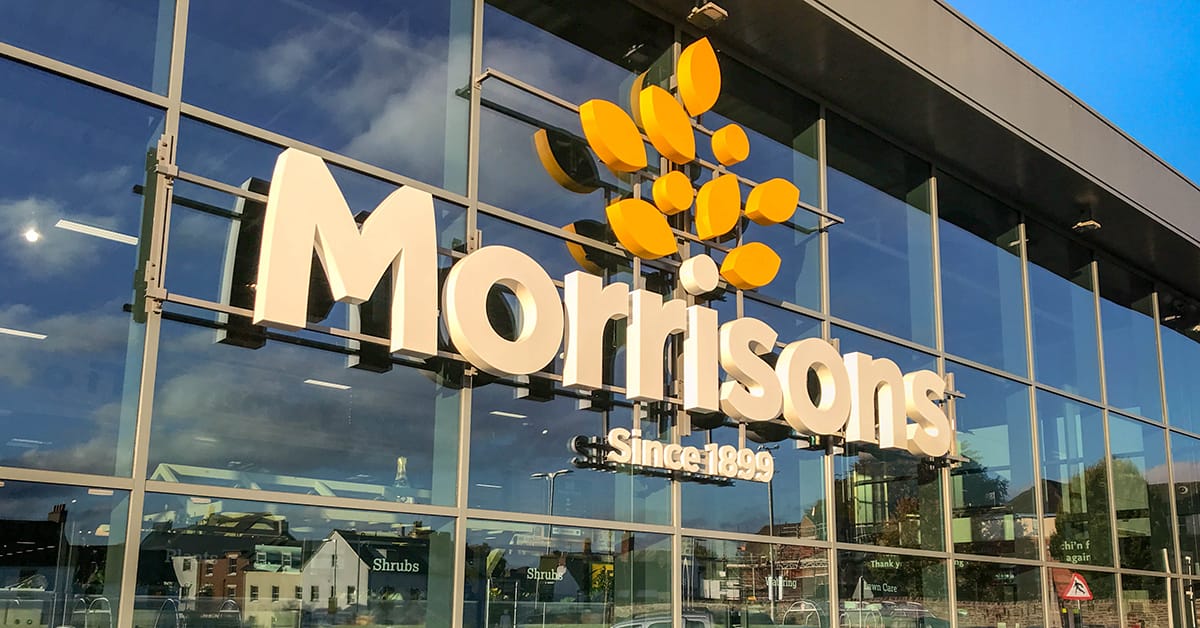Britain's fourth-largest supermarket chain will now be owned by Americans.

Two giant US equity funds have been fighting for months over Morrisons, Britain’s fourth-largest supermarket chain. Fortress first made a £6.3 billion ($8.5 billion) offer, but then Clayton, Dubilier, & Rice topped it with its own £7 billion proposition. British investors are now waiting for shareholders to vote in October, still wondering why this traditional food supplier is generating such a fuss.
In 2021, US funds are clamoring for British companies because Americans have a lot of money to spend and they’ve noticed that valuations are cheap in England. Brexit uncertainties and Covid-19 disruptions depressed price-earnings ratios. Since 2018, the US stock indices have gained 65%, while the London FTSE 100 fell by 8%; it is trading at 12.6 times future earnings, whereas the US benchmark reached 21 times. Buying in the UK is almost inexpensive, while at the same time US investors can still get gobs of cheap money. Furthermore, they still see Britain as their primary outpost in Europe.
Blackstone grabbed Signature Aviation, a private-jet services company; and St. Modwen, a property group. BlackRock, supported by Goldman Sachs and Abu Dhabi state fund Mubadala, paid £1.43 billion for Calisen, an expert in energy services. Carlyle Group and Philip Morris dueled over Vectura, a drug maker.
No sector is off limits,;and the defense industry, which maintains close relationships with the British government, holds strong appeal. Cobham, part of Advent, offered £2.57 billion to take over Ultra Electronics, a materials supplier to the Royal Navy. Meanwhile, Meggitt Defense Systems, the aerospace expert, accepted the £6.3 billion offer from its American colleague Parker Hannifin.
Compared to these billion-dollar affairs, the £219 million Tower Brook Capital Partners’ investment in the motoring group AA seems lightweight. Nevertheless, according to Dealogic, Tower Brook participated in more than $64 billion of private equity deals this year in England, most of them coming from the US. For the first half of the year, the number of buyouts in the making is up by 60%, compared with the same pre-Covid period in 2019. Going, going, gone!



